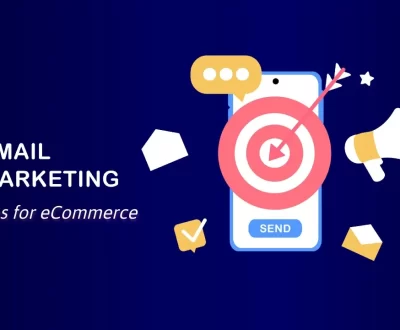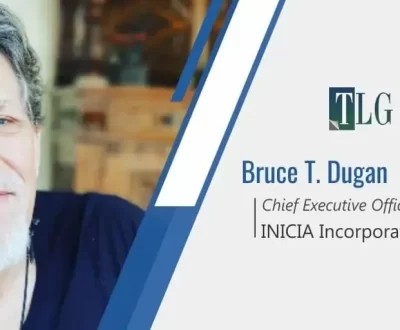SSL certificate benefits tell visitors it is safe to come inside. Would you post a sign outside your business that said “Unsafe building, enter at your own risk”? Of course not. But security is not the only benefit of an SSL certificate.
In 2014 there was the HTTPS Everywhere campaign. It was an attempt to secure all websites across the Internet, though few adopted its use. SSL — Secured Socket Layer — is a text file with encrypted data that is installed on the server where your website resides. With it, you now have a secure channel of communication between your website and its visitors.
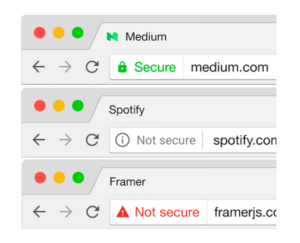
There are many SSL certificate benefits in addition to just eCommerce site credit card protection.
By 2018 Google Chrome became the most popular browser on the web. And in July of that year, they announced a new policy that disrupted the Internet.
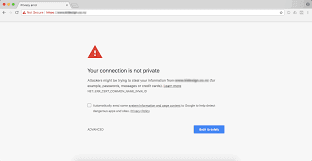
Their new SSL certificate policy now stated that any site without an SSL certificate viewed on Chrome would display a NOT SECURE landing page
It would — in so uncertain terms — tell any first-time visitor that if they continued their information would be a risk. To then get to your website, a visitor would have to click the ‘proceed’ instead of the ‘back to safety’ link.
SSL CERTIFICATE BENEFITS
- Avoids a WARNING message from Google that your site is NOT SAFE.
- Represents to your visitors that you care about their security, increasing trust
- Supports and boosts the better ranking of your website in search
- Protects site visitors from security attacks, such as phishing or MIMT
- Compliance with the Payments Card Industry (PCI)
HOW SSL WORKS
When you install an SSL certificate, it converts your http://yourcompany.com to https://yourcompamy.com. HTTPS is short for ‘Hypertext Transfer Protocol Secure’. It is the protocol for internet communications that protect data integrity and confidentiality between the website and the visiting viewer.
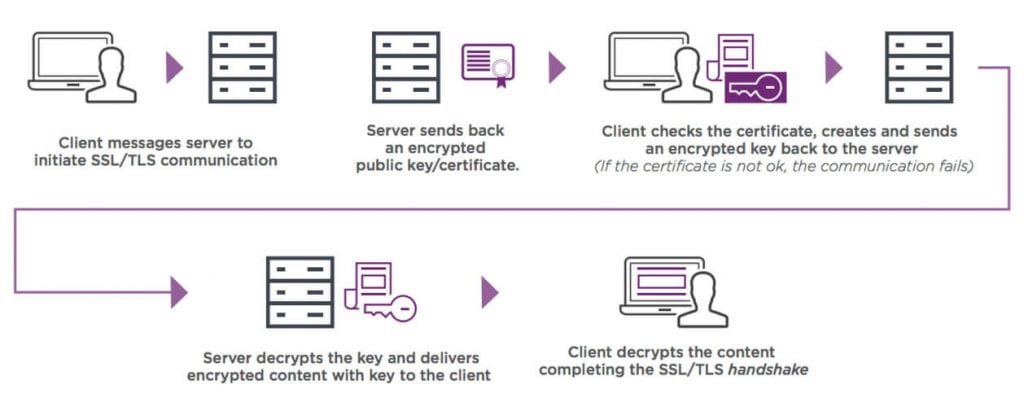
Privacy has become an important discussion globally with the rise of a new digital world. So it’s no longer just about protecting credit card and bank information, but all information. This also includes, but is not limited to passwords, and other private information.
Just completing an email contact form on an unsecured website gives hackers a way to potentially access your computer or cloud account. It can compromise your email. And, with everything today digitally connected, somewhere, somehow, security is paramount.
Data that is sent using the HTTPS protocol is secured by TLS (Transport Layer Security). This provides encryption, authentication, and data integrity. Together this protects both the site owner and their visitors from hackers attempting to access information. So ask yourself these simple questions:
- Do you want a potential customer visiting your site to leave because they were afraid of having their info compromised?
- Do you want your potential customer’s info — or yours – comprised?
- Do you want to rank higher in search?
If the answer to any of these is yes, then you need an SSL certificate. For those that are existing hosting accounts of ours, the SSL is automatically included in your monthly or yearly subscription — unless you specifically request it not to be.
If you’re being charged extra for a yearly SSL Certificate registration and want it all included in our business hosting package, you can signup here. Or feel free to request quotes or other services here.
Categories
Recent Posts
About us and this blog
We are a digital marketing company with a focus on helping our customers achieve great results across several key areas.
Request a free quote
We offer professional SEO services that help websites increase their organic search score drastically in order to compete for the highest rankings even when it comes to highly competitive keywords.


